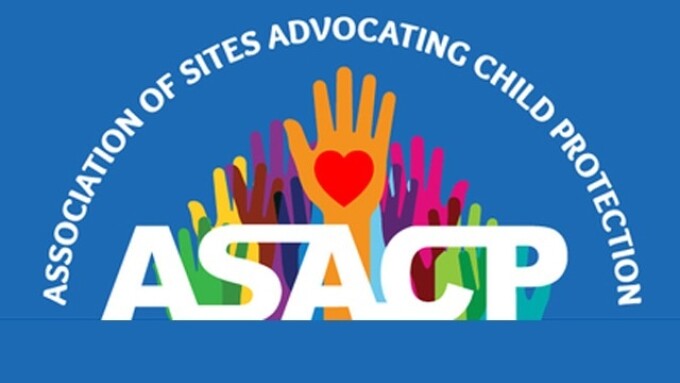LOS ANGELES — The Association of Sites Advocating Child Protection (ASACP) is continuing its ongoing mission of protecting children in their daily digital lives — and aiding law enforcement in the process.
One recent example was highlighted in a Spotlight News report revealing that as crime goes online, Colonie, N.Y.’s Police Department is making efforts to battle this crime, “including the sale of and viewing of child pornography.”
“Everyone’s life is being lived online,” Colonie Police Lt. Robert Winn told the Spotlight News. “If you think of all the ways that the internet has made our lives easier, it’s also made criminal activity easier.”
Winn says the internet is being used to sexually exploit people and has made the potential victim pool for these sexual crimes much larger.
It is a victim pool that includes the legitimate adult entertainment industry, which is increasingly being mislabeled as an accessory in these crimes.
“Predators don’t have to physically break into a would-be victim’s home,” Winn explains. “Instead, criminals are able to access young children via the computer and social media sites.”
The Spotlight News report cited ASACP data regarding the scope of the problem, stating that “the U.S. has the largest share of commercialized child pornography websites,” and notes that “While the Colonie Police Department makes ten to 12 arrests relating to child pornography per year, the department also works on many more such cases with both State Police and the FBI.”
One way that smaller agencies such as the Colonie PD can effectively pursue cases of online predators is by leveraging the expertise of groups such as ASACP, which Winn calls “an incredible bank of resources we can draw on.
Winn says investigators become involved when digital media contains forensic evidence, or when there are crimes such as sexual harassment committed online, and notes that investigators “frequently pose as would-be young victims in order to catch predators, and also to ascertain who is trading and viewing child pornography.”
Winn also explains that while law enforcement is becoming more efficient at recognizing problems the rapid pace at which technology is evolving is a big hurdle for police, who are trying to keep pace with it.
ASACP Executive Director Tim Henning reveals that the association’s technological expertise, combined with its industry insights and more than two decades worth of statistical data, make it an exceptional partner in law enforcement efforts to combat criminal CP.
“Internet and mobile technology is rapidly advancing, and leapfrogging the efforts of many agencies to stay abreast of how these tools are used to exploit children, and ways of combating this heinous crime against at-risk youth,” Henning explains. “ASACP is able to assist these efforts, and has a long history of cooperation with local, federal, and international law enforcement organizations, including the FBI and Interpol.”
“Our industry expertise also helps differentiate between criminal operators and legitimate businesses,” Henning adds. “This helps prevent erroneous enforcement actions while enabling law enforcement to better focus its resources.”
A non-profit, member supported organization, ASACP runs an award-winning, internationally recognized Tipline that has processed more than one million anonymous reports of suspected child pornography, and provides digital media companies with market-specific Best Practices and a formal Code of Ethics, along with the Restricted To Adults (RTA) website meta label that helps prevent a minor’s access to age-restricted materials online.
“ASACP encourages all digital media companies to take steps to ensure that only lawful users access their sites and mobile apps — and we provide free tools to make it easy,” Henning says. “But this can only continue through the support of our sponsors, members, and financial contributors.”
To learn how your company can help support ASACP, click here or email tim@asacp.org.








